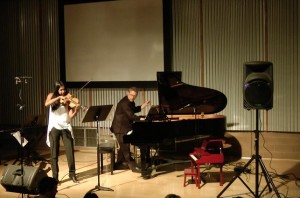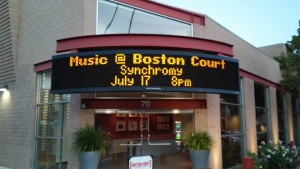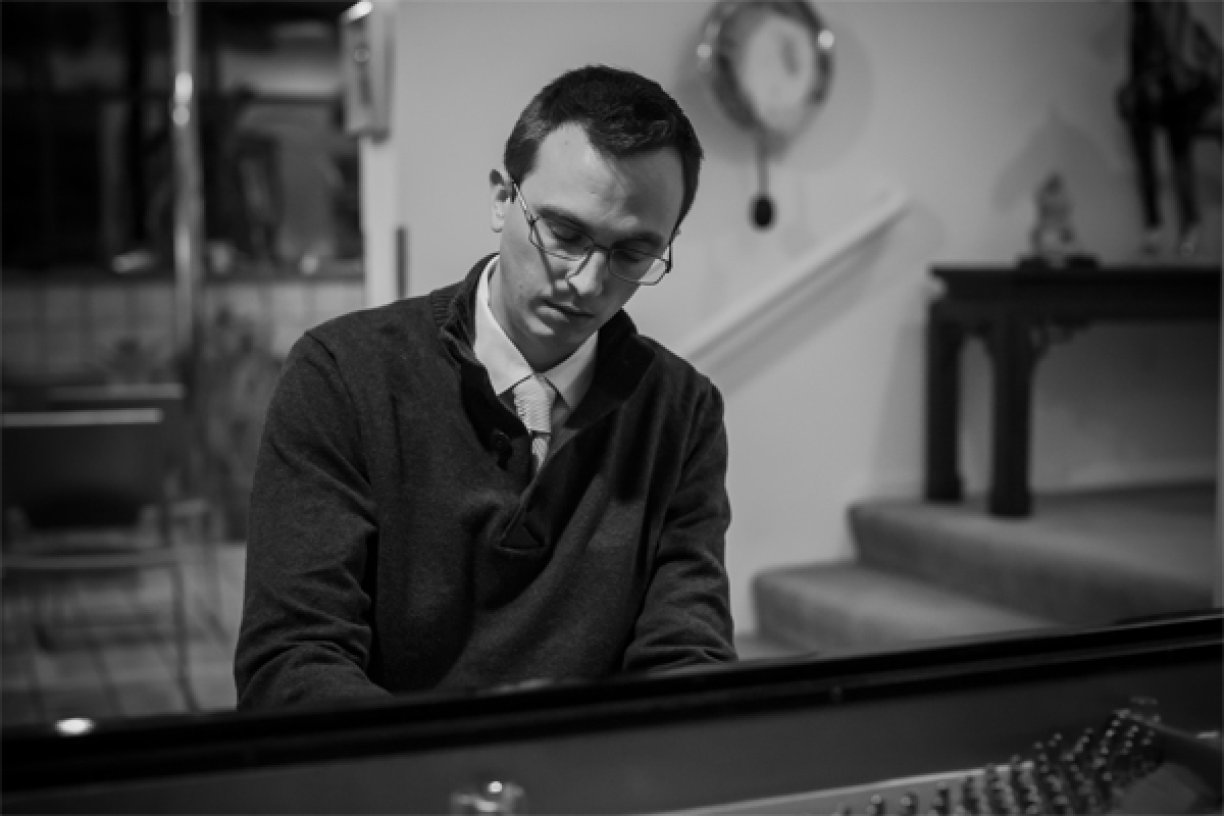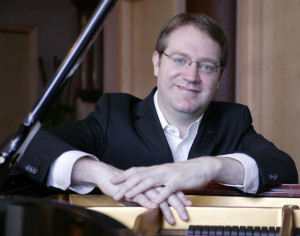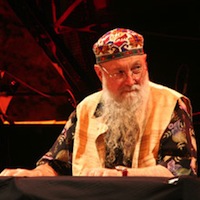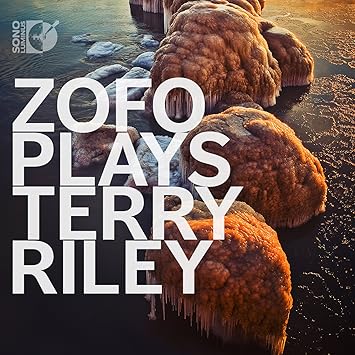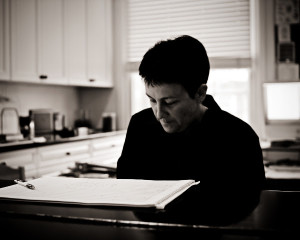 (via Amanda Ameer)
(via Amanda Ameer)
Jennifer Higdon’s first opera, Cold Mountain, premieres at The Santa Fe Opera on August 1, 2015 and runs until August 24. The August 24 performance was added due to interest leading to a sold-out run. Opera Philadelphia will give the East Coast premiere of Cold Mountain and a recording on Pentatone will be released in the 2015-16 season.
Cold Mountain takes an American story as its subject—the desertion of Confederate soldier W.P. Inman to return to his love in the mountains of North Carolina during the Civil War. Based on Charles Frazier’s best-selling novel, which was turned into an award-winning movie, it features a libretto by Gene Scheer (Moby-Dick; An American Tragedy), recounting Inman’s dangerous odyssey, trekking across North Carolina back to Cold Mountain. This Santa Fe Opera, Opera Philadelphia, and Minnesota Opera co-commission stars Nathan Gunn as the soldier Inman, Isabel Leonard as his lover, Ada, and Jay Hunter Morris as the villainous Teague in both Santa Fe and Philadelphia.
Winner of the Pulitzer Prize in Music for her Violin Concerto and one of America’s most-performed composers, Jennifer Higdon taught herself the flute at the age of 15 and began to compose at 21. Of the 50 recordings of her work, Percussion Concerto, Higdon: Concerto for Orchestra/City Scape, Strange Imaginary Animals, and Transmigration have all won Grammy Awards. Her work blue cathedral has been performed more than 500 times since its premiere in 2000. Higdon also teaches composition at the Curtis Institute of Music in Philadelphia.
“I didn’t realize that I would be carrying these characters in my head and heart for about two and a half years,” Higdon told NPR Music. “But in many ways, living inside the opera, which it felt like I did, was not like anything I’ve ever experienced before. The entire group stayed with me day and night. I’ve been pretty absent from the present-day world for quite some time. That type of concentrated creativity has been amazing to experience.”
“I think Cold Mountain is going to be the great American operatic work,” said Gunn. “The music is beautiful and amazingly dramatic in scope.”
“Charles Frazier’s Cold Mountain is a beautiful story filled with history, love, fear, and courage,” said Leonard. “Jennifer Higdon and Gene Scheer have now turned that story into an incredible musical journey and I cannot wait to share it with the people of Santa Fe and Philadelphia.”
“The greatest moments, for me, are when I get to sing new music,” said Hunter Morris. “I love stepping into the character and stepping into the voice for the first time.”
Santa Fe Opera
August 1, 5, 14, 17, 22, 24 2015
Opera Philadelphia
February 5, 7, 10, 12, 14, 2016

